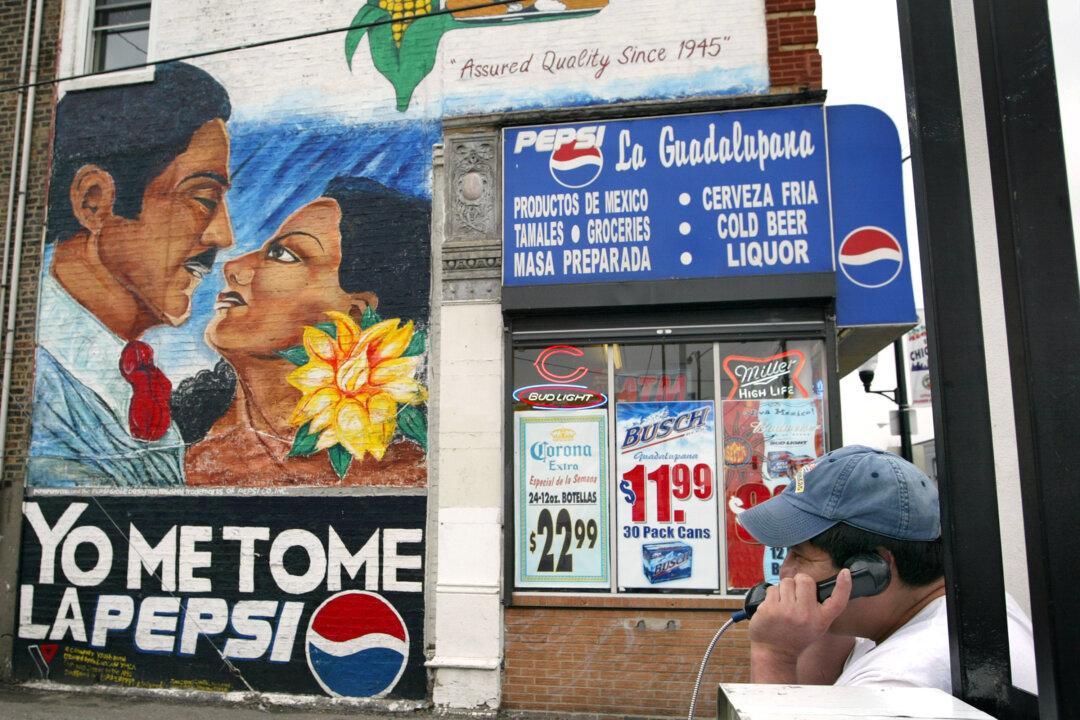PepsiCo will soon launch a new version of its Pepsi cola made with cane sugar and real lime juice to cater to the Hispanic market in the United States. It’s name? Pepsi Limón.
The product will hit stores in Chicago, California, Arizona, New Mexico, and Texas on May 18, according to Ad Age.
In Mexico, Coca-Cola has been selling Coke made with cane sugar since the 1920s. In America, MexiCoke—as its ardent fans call it—is imported and sold in many supermarkets and bodegas where Hispanic communities reside.
Now, PepsiCo is trying to appeal to Latino Americans with its own twist on its Pepsi cola.
Ad Age reported that the idea to use real lime juice with Pepsi Limón came from Adelante, PepsiCo’s internal group of Hispanic employees tasked with the goal of diversifying their company’s culture.






